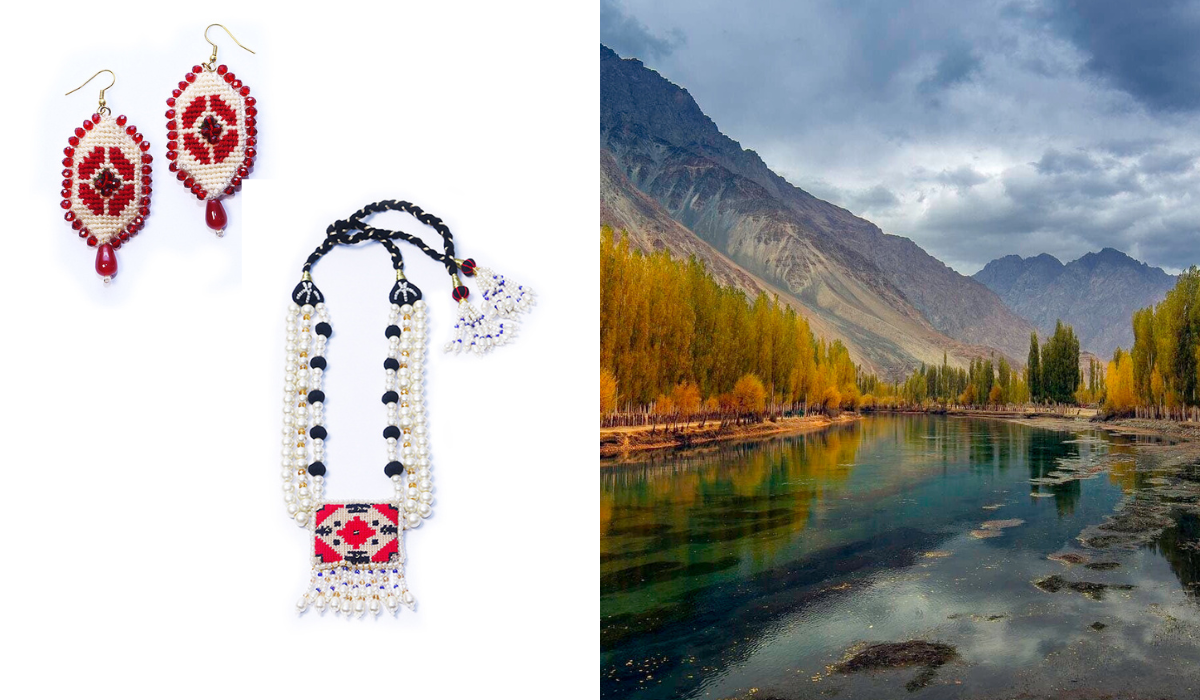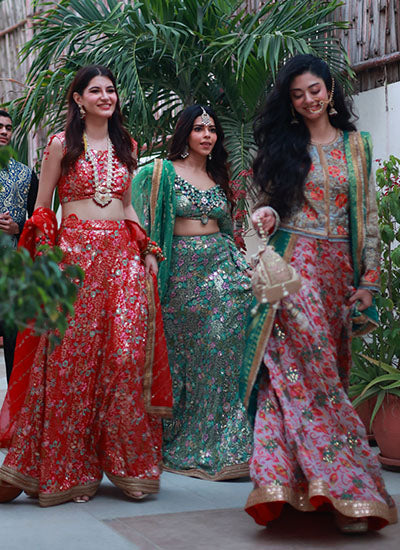Ghizer's Haunting Reality Proves Empowerment Is Vital

For the longest time, Craft Stories has made it a point to work with women in order to empower, inspire, and collaborate. With heartwarming efforts, like the work Huma Adnan does with Afghan women, is up and running constantly, Craft Stories also works with women from the Ghizer District in Northern Pakistan. While the work Craft Stories does with women in Ghizer is intricate and beautiful, the reason behind choosing to work with women from that district is quite somber.

Life is undoubtedly precious, and when external factors govern one's decision to end one's life, the reverberations of sorrow are deafening.
As is, suicide is quite an under-researched, and misunderstood subject in Pakistan. With numerous legal, social, and religious sanctions against it, the fear of surviving and being caught, or the perceived shame and dishonor associated with the act become hurdles in fully comprehending the mindset of a victim, or even the larger national suicide rate.

The Craft Stories team's research shows that during the years 2000 to 2004, 49 women committed suicide in the Ghizer Valley area of Northern Pakistan.
Extrapolating this number by keeping in mind the average population of women for 5 years as 65,783, we calculated the annual crude suicide rates for women as 14.89/100,000 every year. For women over the age of 15 years, the rates were 33.22/100,000 per year; age-specific rates for 15-24 years were 61.07/100,000 per year.
These alarming numbers are believed to be higher that suicide rates in many other parts of Pakistan, and it is suggested that psychological distress, and lack of psychiatric aid could be reasons for the same.

Talking to our manager in Ghizer, who is currently facilitating nearly fifty women on their path toward empowerment, we found our research corroborated with lived experience.
"This is a big issue in Ghizer Valley," stated our manager, "and you know that [the] area is deprived, both economically and socially. [Furthermore], social mobility in some areas is restricted, [and] this is the reason [why] I requested you for the intervention."
The takeaway is thus, not only to facilitate the women in Ghizer in a way that is cathartic and therapeutic, but also to a standardize the system of registration of suicides in Pakistan.

There is something to be said about socio-patriarchal structures thwarting women in such allegedly progressive areas with strikingly high literacy rates. It undoes the idea that education solves everything, eradicating oppressive and mentally harming obstacles. When a culture posits itself as the key oppressor, it must comes into question.
From women being unable to articulate their trauma, to women enduring violence, abuse, harassment, and torture - be it digital or in-person - the prevalent victim-blaming narrative silences and suffocates them. Even though young women can receive an education, they must do so within rigid barriers set up by the patriarchy, adhering to conduct that only produces a "good woman" for a man to ultimately marry.
In all of this, if art is a source of release and cathartic serenity, so be it.


